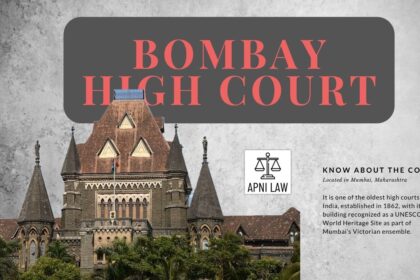Court Emphasizes Need for Direct Incitement
The Supreme Court of India has quashed charges of abetment of suicide against the appellants in a case. The Court ruled that harassment must be severe enough to leave the victim with no choice but to take their own life. It reaffirmed that abetment under Section 306 of the Indian Penal Code (IPC) requires clear intent and direct incitement.
Special Investigation Ordered
A three-judge Bench, comprising Justices Sanjiv Khanna, Sanjay Kumar, and K.V. Viswanathan, not only dismissed the charges but also ordered a fresh probe. A Special Investigation Team (SIT) under the Uttar Pradesh Director General of Police will now reinvestigate the case. The decision was made due to concerns about the fairness and depth of the original inquiry.
Legal Basis for the Ruling
The Supreme Court clarified that Section 306 IPC requires a specific act of abetment under Section 107 IPC. This includes instigation, aiding, or deliberately facilitating suicide. The Court cited previous rulings, including Madan Mohan Singh vs. State of Gujarat and Mahendra Awase vs. State of Madhya Pradesh, to emphasize that mere verbal abuse does not amount to abetment unless it directly incites suicide.
Case Background
The case involved the deaths of Ziaul Rahman and Tanu. Ziaul, the son of one of the appellants, allegedly had a relationship with Tanu. After Ziaul was reportedly beaten by Tanu’s family, he died. The appellants then accused Tanu of being responsible for his death and allegedly harassed her. Tanu later died by suicide, and her cousin filed an abetment case against the appellants.
The High Court had refused to quash the charges, stating that Tanu was deeply depressed and humiliated, linking her suicide to the accused’s actions. However, the Supreme Court found that the charge sheet relied only on the complainant’s statements and failed to consider other possible reasons for suicide.
Supreme Court’s Verdict
The Supreme Court ruled that the prosecution failed to prove the essential elements of Section 306 IPC. It held that the case lacked sufficient evidence to establish direct incitement to suicide. The ruling reinforces the legal requirement for clear intent and direct provocation in abetment cases.








